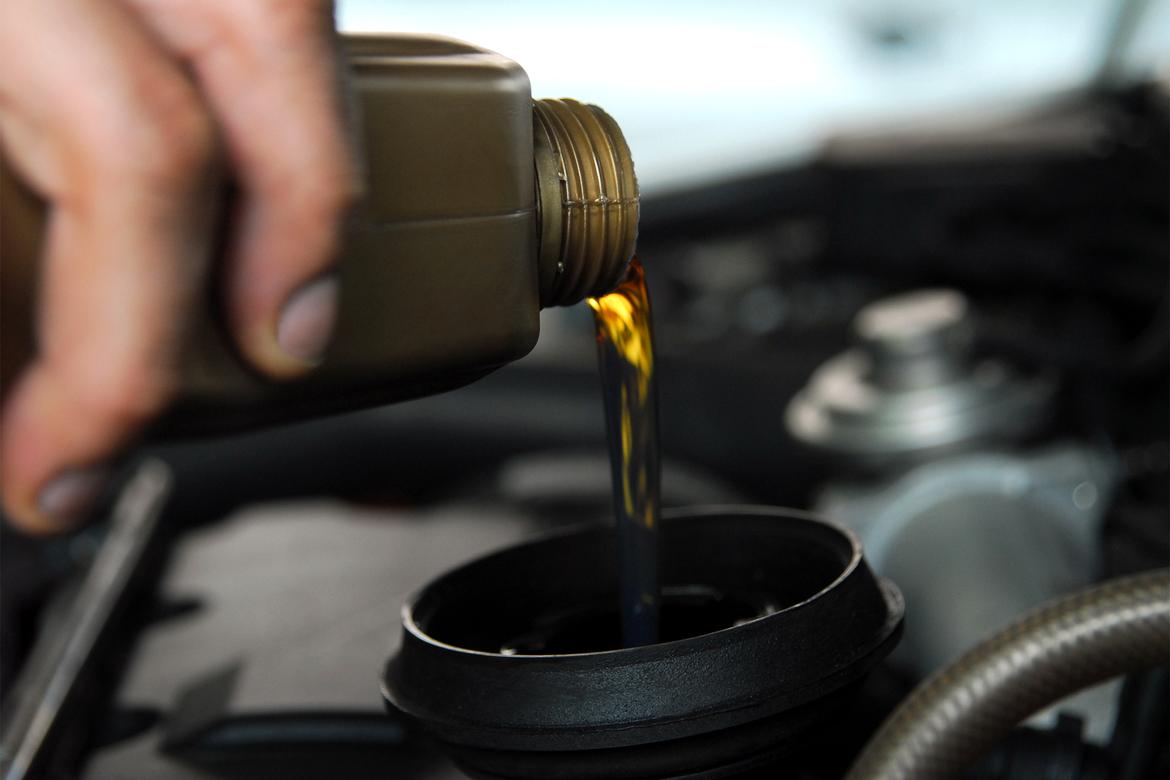
The Boston Police Department unveiled a new patrol vehicle that will
help officers both fight crime and the summer heat–an ice cream truck.
According to WHDH, the new $89,000 truck, which is a refitted Ford Transit, is part of a community policing initiative called Operation Hoodsie Cup. Started in 2010, the program has distributed around 120,000 free Hoodsie Cups, an iconic New England ice cream treat made by the Hood company since 1947, to citizens throughout the city.
"If you had told me 30 years ago that the Boston Police Department would have an ice cream truck as part of its patrol force and my officers would be handing out Hoodsie Cups...I would've said you were crazy," PBD Commissioner William Evans told WHDH. "But, I absolutely love the new truck and everything this program represents. The goodwill it generates between my officers and our city's young people is undeniable and nothing short of remarkable. My only regret is that I wish we had started doing this 30 years ago."
Operation Hoodsie Cup is part of a growing trend of community based policing among the nation's police forces. They're not even the first to use ice cream. Police in Halifax, VA, recently began pulling people over for violating code 1.7.3.9, which makes it illegal to drive without an ice cream cone on a hot day. Introduced in 1994 as part of the Violent Crime Control and Law Enforcement Act, community based policing is promoted by the Justice Department's Office of Community Oriented Policing Services (COPS). Community based policing relies on more personal relationship between police and citizens to reduce crime and increase safety, and emphasizes proactive policing such as foot patrols, citizen involvement, increased officer accountability, and a decentralizing of police authority.
http://www.autoblog.com/2016/08/03/police-ice-cream-truck-to-patrol-bostons-mean-streets/
